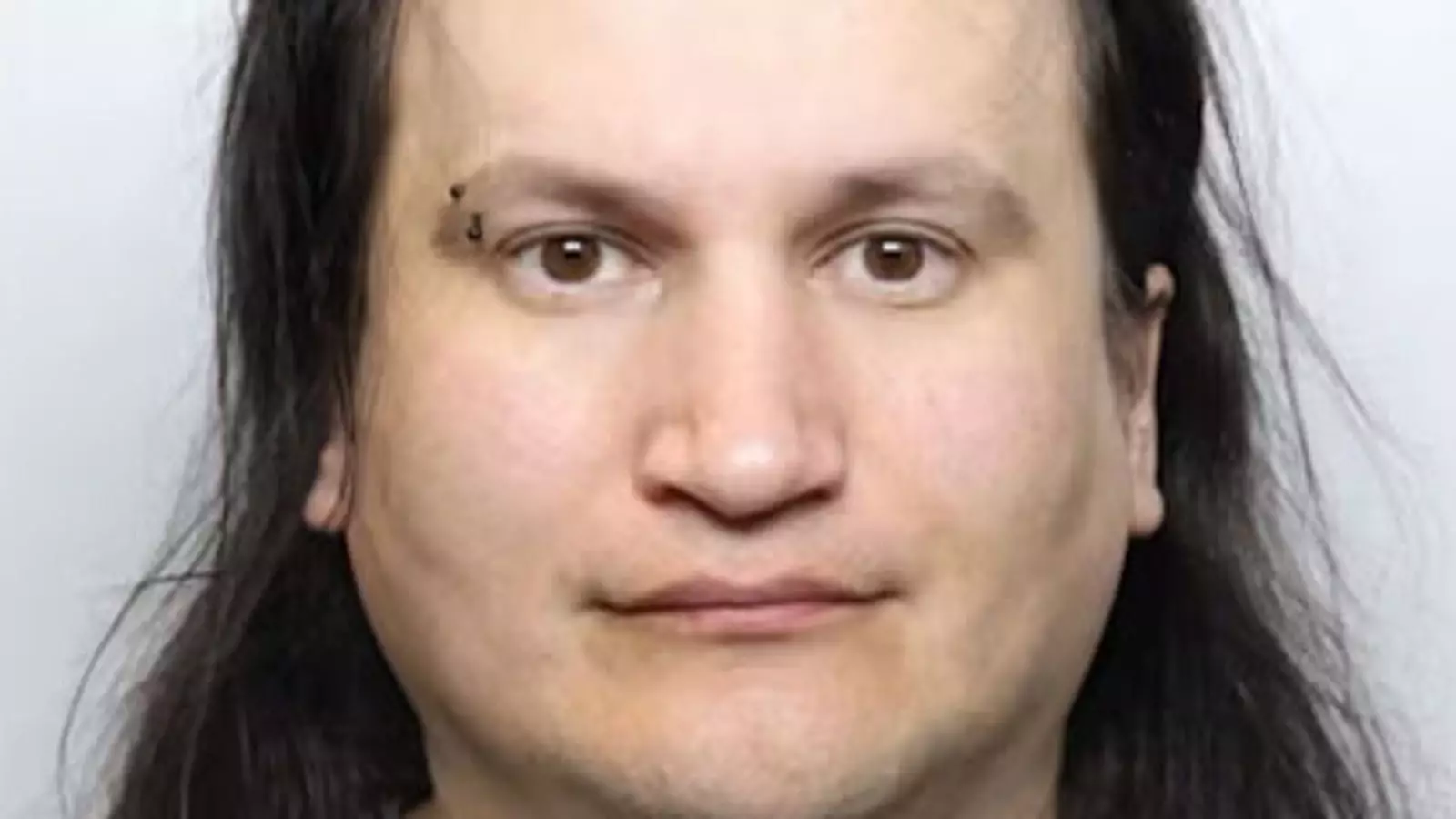In a case that has left the community of Salford grappling with shock and disbelief, Marcin Majerkiewicz, a 42-year-old Polish father of two, has been sentenced to a life term in prison for the brutal murder of his housemate, 67-year-old Stuart Everett. The crime wasn’t just about the act of killing; it was the grotesque dismemberment that followed, where Majerkiewicz allegedly cut Mr. Everett into 27 pieces using a hacksaw. As disturbing as the crime itself is the disturbing insight into the mind of the perpetrator, who had an evident obsession with gore and horror movies, underscored by a tattoo of the infamous slasher character Jason Voorhees. What could have possessed a man to commit such an unspeakable act of violence?
The narrative surrounding this crime goes beyond the shocking details of murder; it delves into the murky waters of human psychology. Majerkiewicz’s interest in horror and violence cannot excuse or explain away his actions, yet these aspects add layers of depravity to the crime. The trial highlighted how he meticulously planned the murder, disregarding any human decency. This wasn’t a crime of passion but rather one of cold calculation, a reflection of deeper issues not just of debt but of moral bankruptcy.
The Horror Unleashed: A Life for a Debt
Despite Majerkiewicz’s attempts to distance himself from the culpability of his heinous actions, the evidence painted a clear and terrifying picture of premeditated murder fueled by financial desperation. Jurors in his trial at Manchester Crown Court reached a guilty verdict after an agonizing three-week examination of the facts. What drove him to not only kill a friend but then proceed to orchestrate such a grotesque cover-up? His mounting debts, reaching a volcanic £74,000, provide a chilling context but they hardly justify the steps he took next. The scene he left in the wake of his greed was not just a murder. It was a willful desecration of human dignity.
As Judge Cavanagh declared, the manner in which Majerkiewicz carried out this murder—with “unbelievably cold-blooded” intent—exposed a profound disregard for human life and the sanctity of death. The way he displayed total contempt for Stuart Everett, even impersonating him and sending false messages to his grieving family, is a testament to a horror that transcends mere physical violence. It reveals a sinister type of cruelty, one that exploits trust and complicity, pushing the boundaries of human decency to their absolute limit.
The Injustice of Indifference: A Victim’s Legacy Erased
In this grim landscape of betrayal, one cannot help but reflect on the tragic aftermath suffered by Everett’s family. While Majerkiewicz may have indulged in his obsessions and devised a chilling master plan to escape the consequences of his actions, the true victim was Stuart Everett, known affectionately as Benny to his loved ones. The repercussions of his murder resonate painfully through his family, still grappling with the loss of a brother who had worked diligently in public service for the NHS and Department for Work and Pensions. The court’s findings make it abundantly clear: Majerkiewicz did not just rob Everett of his life but robbed his family of their peace, their memory of him tainted forever by the grotesque circumstances of his death.
This case starkly highlights the unsettling reality that beneath the surface of everyday life, monsters can exist—hungry for their moment of infamy or financial gain. It brings to light alarming societal questions about mental health, responsibility, and the ethical implications of one’s choices. Will Majerkiewicz’s sentence serve as a cautionary tale or simply reveal a sad truth: that evil lurks closer than we wish to admit?
Repercussions Beyond Justice: The Societal Reflection
Majerkiewicz’s sentencing serves not only as retribution for his crime but also as a catalyst for social introspection. As we peel back the layers of his actions, it is crucial to examine how our society deals with economic despair and moral disintegration. While the justice system may dispense punishment, how do we as a community prevent such atrocities from occurring in the first place? Is it enough to label this a criminal act and detach it from the societal context that allowed it to thrive?
The life of one man, extinguished by another’s gruesome thirst for a quick financial fix, challenges us to create more robust safety nets for those trapped in cycles of debt and desperation. If we merely react to these horrific crimes without seeking to understand their roots, we risk allowing the cycle of violence and indifference to perpetuate itself, breeding more victims and more monsters. How many more lives need to be lost before we heed these urgent calls for reform? What does that say about our humanity, that we often wait for the horror to strike before acknowledging the underlying societal failings?


Leave a Reply